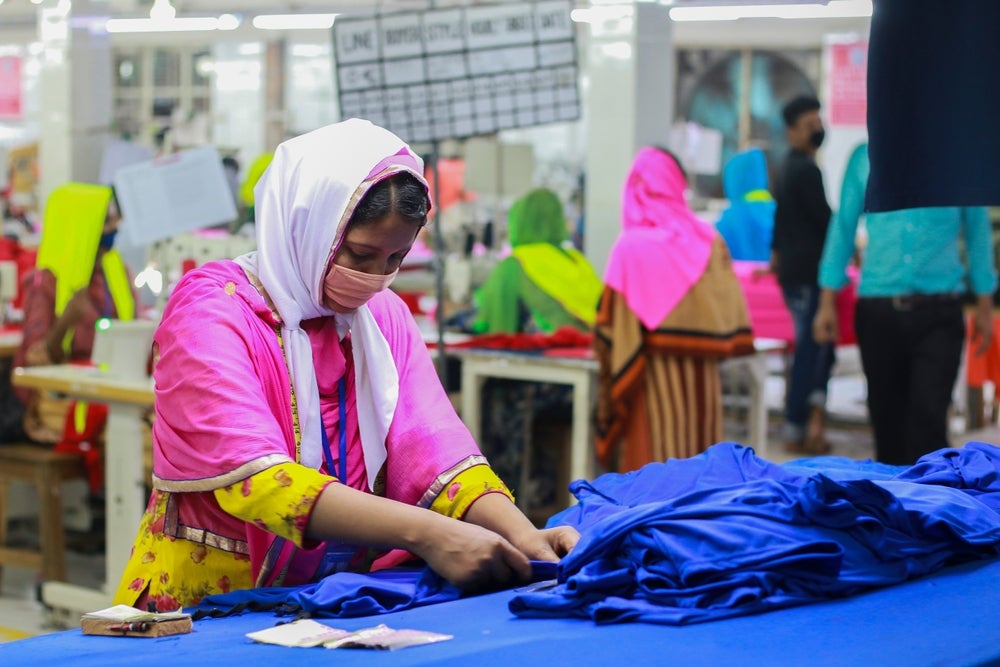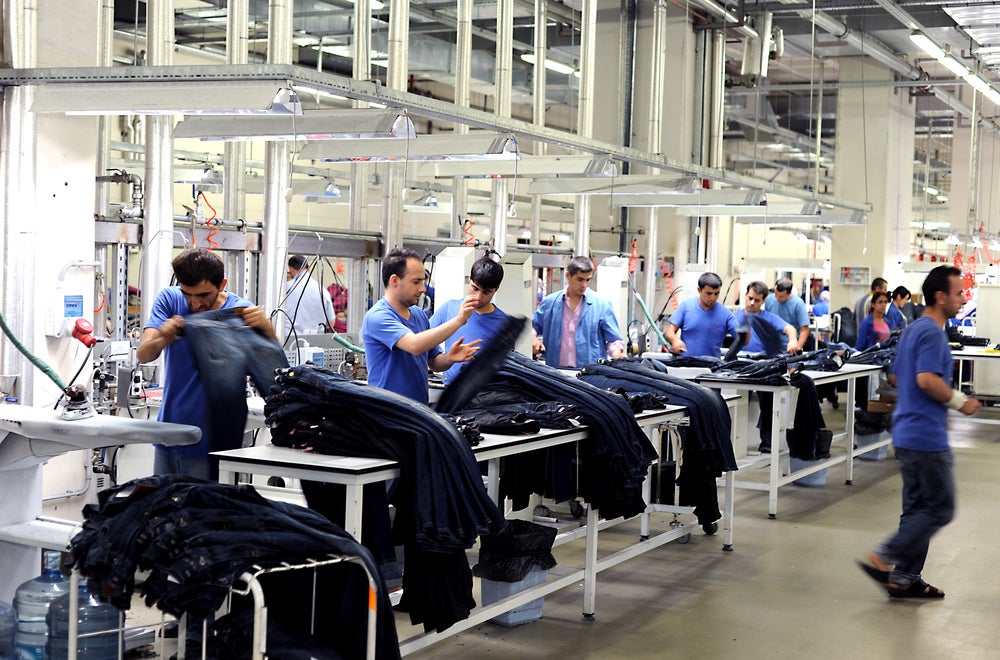BGMEA president Faruque Hassan discussed the need for due diligence laws to be global and accepted everywhere during a recent round table discussion on "Due Diligence Laws" organised by the International Business Forum of Bangladesh (IBFB) in Dhaka on 23 January.
Hassan highlighted the challenges faced by manufacturers and said: “On one hand, it is increasing the cost of compliance for the manufacturers. Along with that, factories vary in terms of cost competitiveness and capacity levels, which is making it more difficult for them to comply with several legislations while it can be done in a universal way.”
Hassan added: “The goal we want to achieve through implementing due diligence law is universal and desired by all. So, the legislation should be something that is truly global and accepted in all places which is not the case we are witnessing.”
Calling for increased collaboration to effectively implement due diligence laws, he explained this was not a “one man’s game” but rather it is something that needs the “support and assistance from both parties to make it successful."
The roundtable discussion, which was chaired by International Business Forum of Bangladesh (IBFB) president Humayun Rashid, also featured insights from other industry leaders, including Bangladesh Knitwear Manufacturers and Exporters Association (BKMEA) executive president Mohammad Hatem and Bangladesh Textile Mills Association (BTMA) president Mohammad Ali Khokon.
BGMEA and German development agency GIZ developed a Due Diligence Unit for BGMEA member factories in March 2023 to assist with getting ready for the Human Rights and Environmental Due Diligence (HREDD) requirements.
The unit, which is called the Responsible Business Hub (RBH) aimed to provide a “one-stop” service for BGMEA members with up-to-date knowledge and sought to raise awareness and provide training as well as advisory services to factories on the standards and requirements of HREDD.
The unit was designed to support factory management and mid-level management of RMG factories including, sustainability officers, social compliance officers, and HR officers to integrate environmental and human rights due diligence in their operations and meet buyers’ expectations regarding the implementation of risk-mitigating measures.















